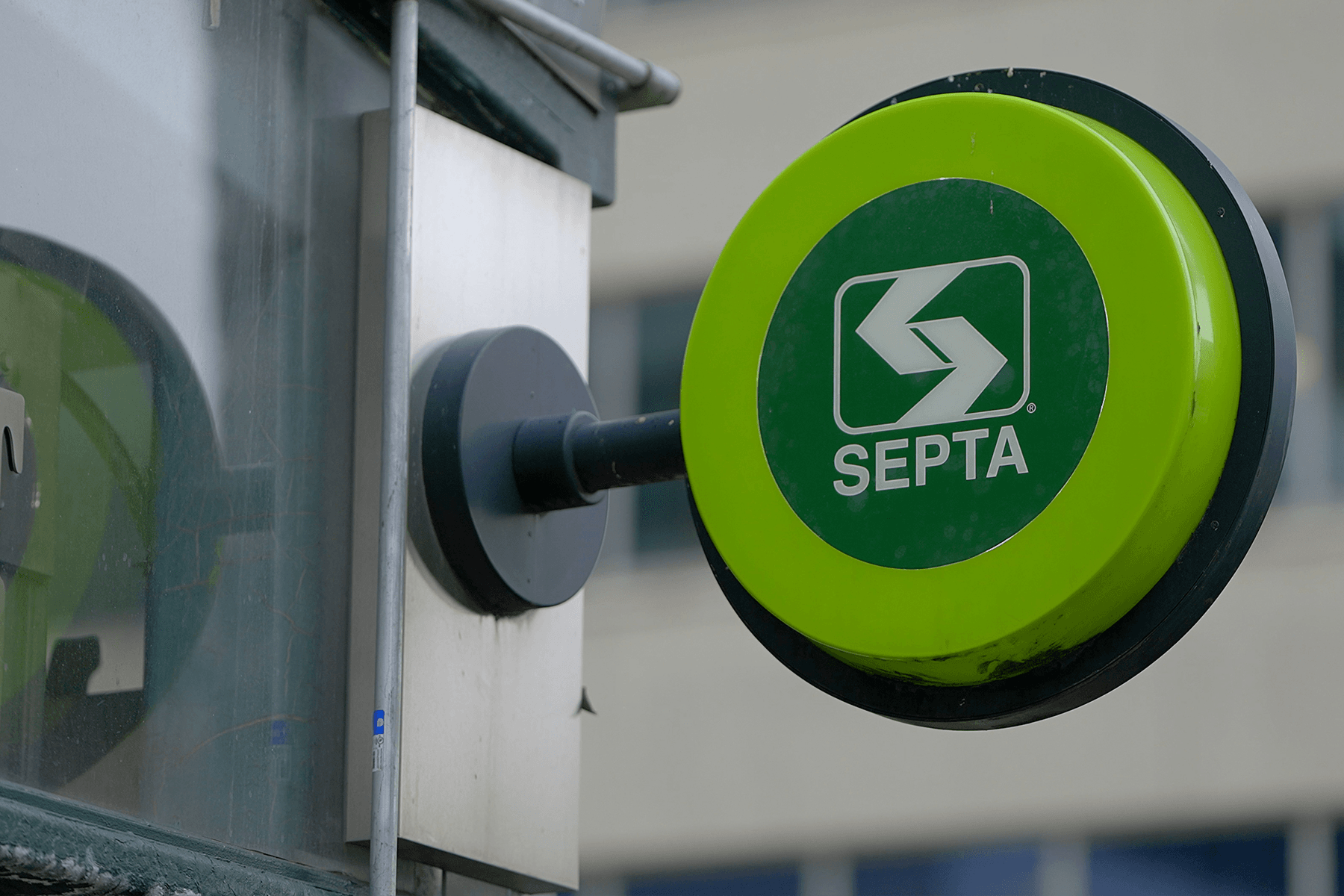$7.3M Verdict Upheld in SEPTA Train Injury Case
Court upholds $7.3M verdict for injured worker, narrowing legal immunity for contractors under PA's Workers' Comp Act in complex construction liability case.
Published on
A Pennsylvania appellate court has upheld a $7.3 million jury verdict awarded to Jesse Hernandez, a worker who suffered catastrophic injuries after being struck by a Southeastern Pennsylvania Transportation Authority (SEPTA) train while digging a trench near active tracks. Hernandez, who was working on a job site managed by Independence Construction Corp., sustained a traumatic brain injury and other lasting harm during the 2016 incident. According to court records, the trench where he was working was situated just four feet from the train tracks.
The lawsuit alleged that Independence Construction Corp. negligently maintained an unsafe work environment. SEPTA was also named in the suit for allegedly operating trains in a dangerous manner near the work zone. SEPTA ultimately settled out during trial.
The Employer Immunity Defense
Independence attempted to shield itself from liability by invoking the Pennsylvania Workers’ Compensation Act (WCA). The company argued that it should be considered a statutory employer of Hernandez, even though Hernandez was officially employed by a subcontractor, Minority Services Inc. (MSI), which is owned by the same individual who owns Independence, Steven Hare.
Under Pennsylvania law, statutory employers enjoy immunity from tort claims brought by injured workers. Independence’s defense hinged on a statutory exception involving subcontractors who engage in "excavation" work. The company argued that any type of digging—including the trenching Hernandez performed—qualified as excavation under the statute.
However, Hernandez’s legal team countered that the subcontractor’s role primarily involved installing electrical lines, not large-scale excavation. The Superior Court majority agreed with this narrower interpretation.
The Panel’s Interpretation of 'Excavation'
The appellate panel concluded that the statutory language was ambiguous and required a technical reading. “Our examination of the WCA … suggests that 'excavation' should be construed narrowly and in its technical sense, as that term is used in the construction industry,” the majority opinion stated. It distinguished between industrial-scale excavation and smaller-scale digging tasks like trenching for electrical conduits.
"Applying this distinction to the work ICC subcontracted to MSI, we conclude that at the time of his injury, Hernandez's job was 'digging,' and not 'excavation,'" the opinion noted. Therefore, the court held that Independence was not entitled to statutory employer immunity under Section 302(a) of the WCA.
The jury had previously apportioned 70% of the fault to Independence, 29% to SEPTA, and 1% to Hernandez.
Dissent Raises Fair Trial Concerns
Judge Victor P. Stabile dissented, arguing that Independence was unfairly prejudiced at trial. He took issue with the trial court's decision to allow plaintiff's counsel to question Steven Hare about unrelated contractual integrity issues involving SEPTA. In his view, this line of questioning served no legitimate purpose and unfairly painted Hare and Independence in a negative light before the jury.
"This questioning related to completely irrelevant and prejudicial matters that had nothing to do with establishing negligence, but rather, prevented ICC from receiving a fair trial," Stabile wrote in his dissent.
Attorneys React to the Decision
Jeffrey Goodman, an attorney for Hernandez, praised the ruling: “Today’s opinion reinforces that the purpose of Pennsylvania’s Workers Compensation laws is to protect injured workers, not to shield negligent contractors from responsibility.”
Goodman also emphasized that the court’s decision appropriately set a high bar for employers seeking immunity under the statutory employer doctrine. “The bar to qualify as a Statutory Employer in Pennsylvania is appropriately quite high and, in this case, the defendant did not come close to meeting it,” he told Law360.
Counsel for Independence and SEPTA did not provide public comment on the appellate decision.
Law Firms Involved
Hernandez was represented by Saltz Mongeluzzi & Bendesky PC and the Law Offices of Howard J. Bashman. Attorneys included Robert J. Mongeluzzi, Jeffrey P. Goodman, Samuel Benjamin Dordick, and Howard J. Bashman.
Independence was represented by Swartz Campbell LLC and Nationwide Insurance, with attorneys William T. Salzer and William P. Barrett.
SEPTA was represented by Marshall Dennehey Warner Coleman & Goggin PC, with attorney Melanie J. Foreman.
What’s Next?
With the Superior Court affirming the jury verdict, Independence Construction’s options now include seeking review by the Pennsylvania Supreme Court. However, given the panel’s detailed statutory analysis and the weight of the jury verdict, further appellate relief may be limited.
The case serves as a reminder that employer immunity under Pennsylvania’s Workers’ Compensation laws is not automatic—particularly when construction work blurs the line between general labor and specialized trades. For contractors and subcontractors alike, the decision clarifies that a narrow and industry-specific understanding of “excavation” applies when asserting statutory protections.


